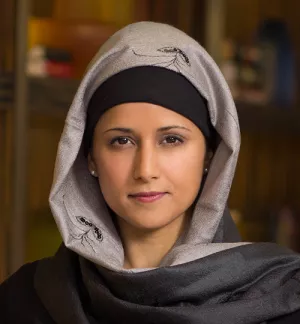Summary
Using original field research, this article shows how international humanitarian aid, particularly food aid, has played an instrumental role in perpetuating chronic civil war and state collapse in Somalia from 1992–2012. During the 1992 famine, food aid created lucrative opportunities for criminal elements of the Somali business community, who partnered with local warlords to create an enduring system of corruption and aid dependence. International aid financed this elite pact between business and warlords, which subsequently undermined domestic processes of order-making and reduced the bargaining power of local communities in the peace-building process. International aid dependence has become one of the pillars of warlord power in Somalia, and remains a primary resource for criminality, corruption, and violence.
In 1992 United Nations Secretary-General Boutros Boutros-Ghali drafted his landmark report, "An agenda for peace," which boldly reasserted the role of the United Nations in the maintenance of international peace and security and proposed a set of recommendations on how the UN could respond to new international security threats posed by secessionism, ethnic conflict, and civil war. The report envisioned a collective international effort aimed at reducing human suffering, upholding human rights, and resolving the underlying causes of violent conflict between and within states.
The mandate was vast....
Ahmad, Aisha. “Agenda for Peace or Budget for War? Evaluating the Economic Impact of International Intervention in Somalia.” International Journal, Spring 2012





